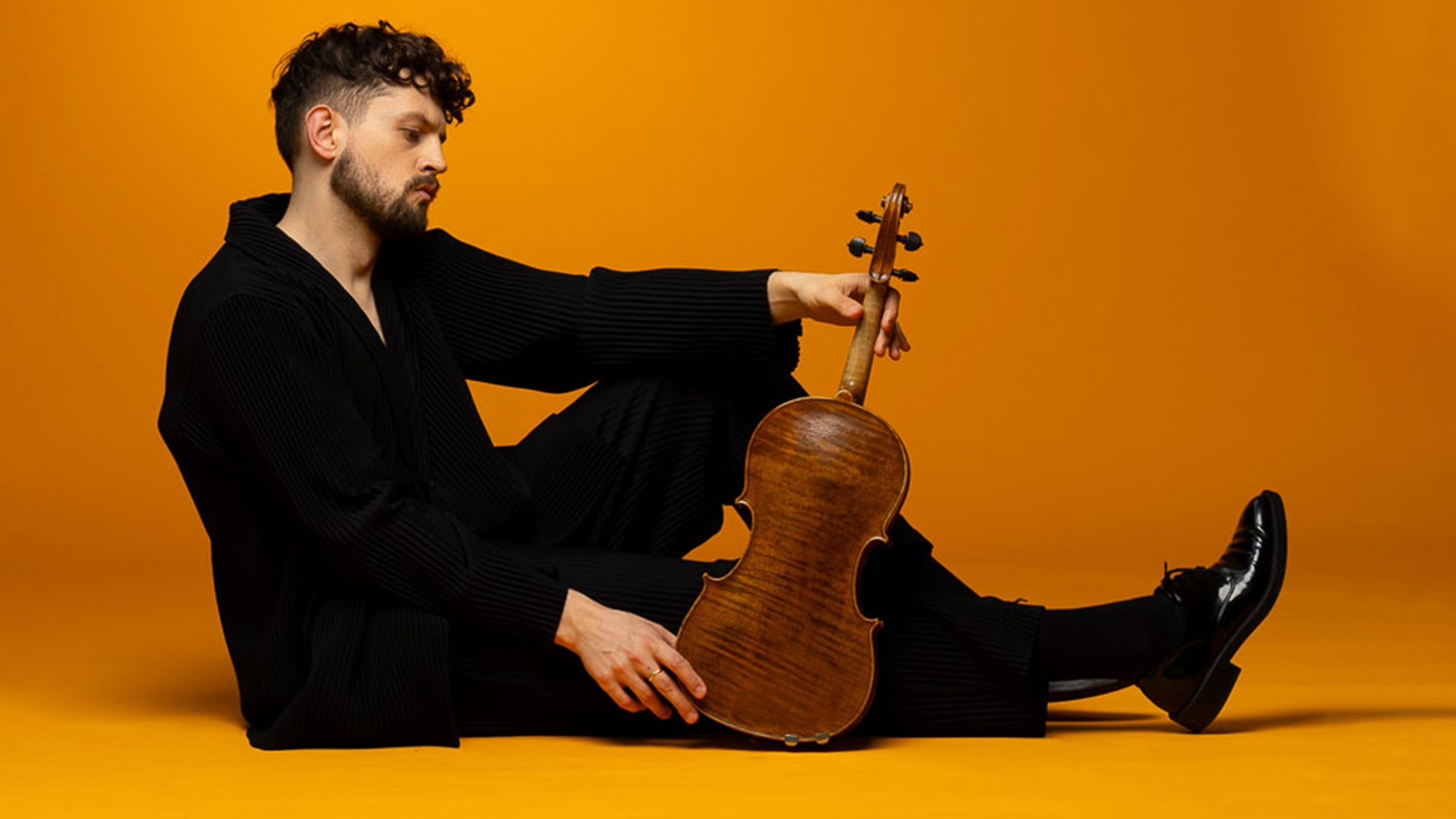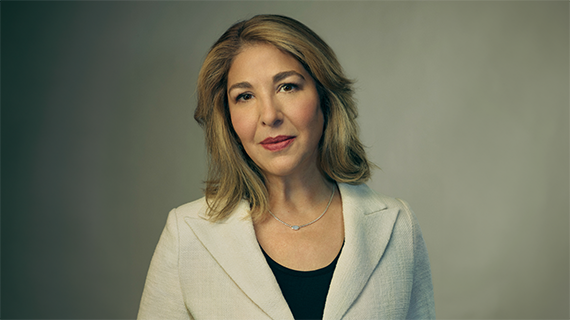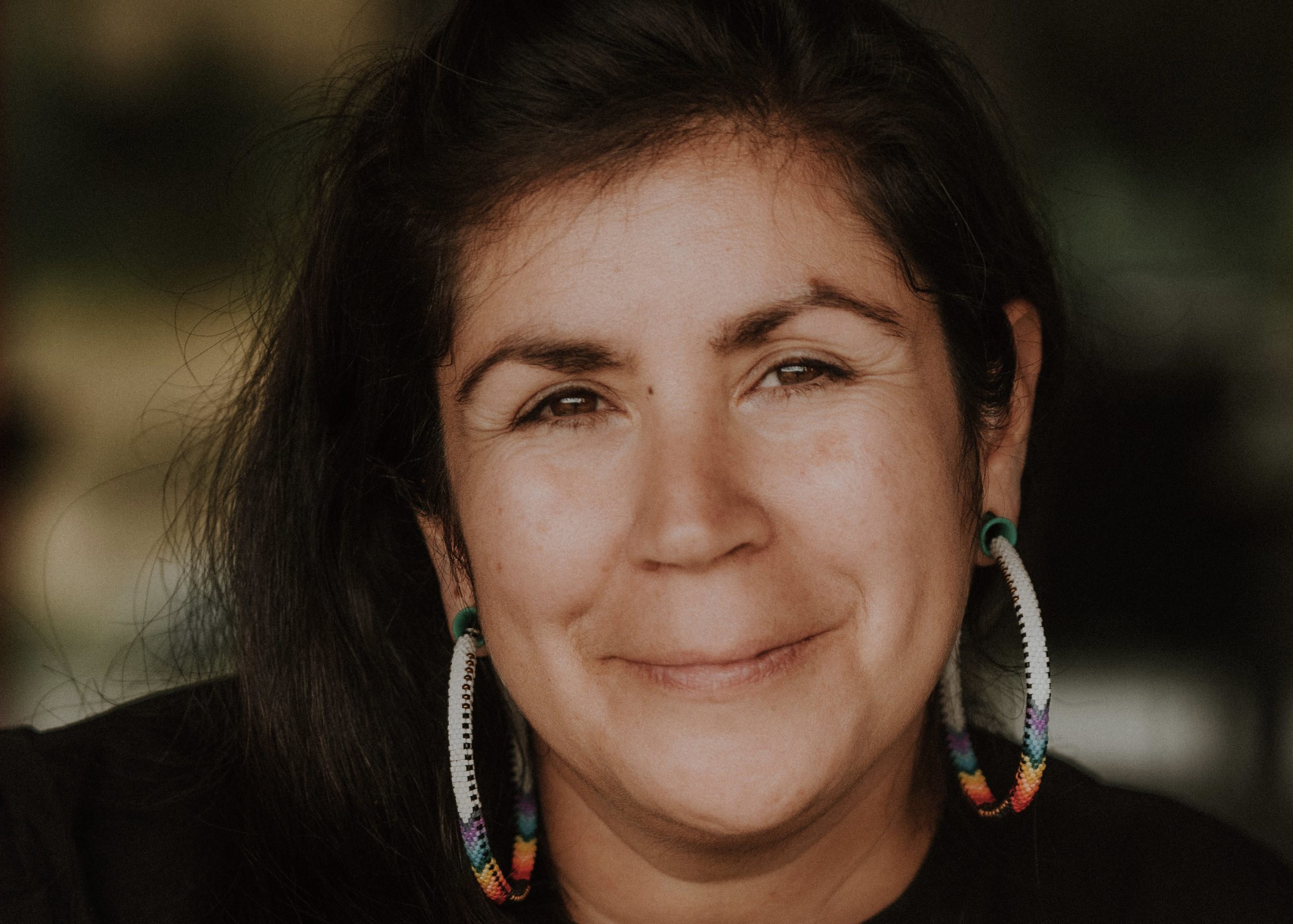

By Shannon O’Rourke
Originally from Bulgaria, Deyan Ivanov immigrated to Vancouver with his family at the age of 13. Years later, he began his UBC career envisioning a future in Engineering, but ended up graduating in May 2012 with a double major in Economics and Psychology. During his time as a student, Deyan took advantage of a number of involvement opportunities at UBC including Arts , Work Learn, UBC Ski and Board Club, and Centre for Community Engaged Learning. These experiences have led Deyan to his current full-time position as Alumni Data Coordinator at UBC Alumni Affairs.
What influenced your decision to pursue a double major in Economics and Psychology? Do you find connections between the two majors?
I took Psychology 102 with Delroy Paulhus and I absolutely loved psychology. The first really good course I took in Econ was Intermediate Macroeconomic Analysis with Geoffrey Newman. I would say he is probably the reason I added Economics as a major. Psychology was my first major and I added Economics because I felt it would be a bit more applicable to my career goals.
As for connections, there is definitely a huge area in Economics that involves research similar to Psychology, looking at human behavior under certain economic constraints. For me, it was definitely two separate interests. I liked that I could get a break from one with the other.
How did your extracurricular involvement at UBC affect your undergraduate experience? Is there anything you wanted to become involved in but didn’t have the time?
I got a lot out of my experience with Varsity Rowing, being part of a team and traveling was awesome apart from the fact that practices were at 5:20 in the morning. It was what made first-year more interesting for me because I didn’t live on campus. It’s a bit easier to get involved when your on campus, but if you’re commuting like I was, you don’t always have a solid group of friends and you are meeting new people all the time. Residence is a huge part of university life that I regret not having.
UBC Ski and Board was also a lot of fun. During my third year (2010-2011), I was an exec, serving as Social Coordinator. That was one of the things I wish I had more time to be involved in. I’ve worked part-time since my second year, which affected the amount of time I could allocate to other extracurricular activities. Out of all my extracurricular experiences, Arts was by far the most influential.
Tell me about how your experience with Arts led to your current full-time position with Alumni Affairs.
Arts is an awesome program, especially if you are driven enough to network, you can definitely get a lot out of it. When I became involved with Arts , I got paired up with a great guy who works here at Alumni Affairs as the Director of the Alumni Engagement Campaign, Barney Ellis-Perry. He’s just been an amazing mentor. He suggested that I apply for a Work Learn at Alumni Affairs, so I did and got the job. I did Work Learn my second year, then spent a Co-op term here in my third year.
In my current full-time position, I have moved from strictly a supportive role (during Work Learn and Co-op) to include more leadership opportunities. Now, I get to train people on how to use the databases and provide higher end reports that are going to the boards and the high executives at UBC, some even reaching UBC President Stephen Toope. I work with the data that we have for the whole alumni body. It’s interesting because people are starting to see the value in this data and we are starting to do a bit of predictive modeling to see how we can optimize alumni engagement.
Have you faced any challenges in transitioning from life as a student to working full-time?
It wasn’t that big a deal for me because I had always worked on the side. I don’t think it’s a challenging transition if you have worked before. I would strongly recommend, and based on what I’ve heard from people who are hiring, it is important to have work experience. People who have worked in a professional environment do conduct themselves differently. I think that as long as you are in a professional environment, whether you are getting paid or not, it definitely prepares you for real life a little bit better than working solely with students. But at the same time, don’t limit yourself from student involvement.
During your final year at UBC, you were involved in Community-Based Experiential Learning (CBEL) as part of ECON 490 with Nisha Malhotra. Can you tell me about this research and how you found it to be more beneficial and challenging than the average research project required for this course?
When we started meeting with the organization we partnered with, the Network for Inner City Community Services Society (NICCSS), the director outlined what she needed, and it was a little bit different than what we thought it was going to be. She wanted a full risk analysis of the feasibility of rent loans, which is something you would usually hire a whole bunch of people to work on for months. The rent loan fund gives out loans to a small number of low-income families (about 50). It’s a priority sort of system. For example, a single mom would have priority over a family of two income earners.
At first it was a little scary, we were wondering if we were actually going to be able to do it. It turned out that it was doable, and our Prof, Nisha Malhotra, was extremely helpful with narrowing down what needed to be done, because we had never done anything like it. She helped us figure out what we needed to research, the databases that we needed to look at, and the way we should look at them.
It was an awesome experience working with the data, and it brought a lot more awareness to the issues that are present in Vancouver. You hear about poverty and the gap between the rich and the poor, but when you actually look into it and research it, I think that’s when it actually starts to sink in, that yeah, this is really happening. What shocked all of us was the amount of money we were talking about was small. We are talking about 200,000 to 500,000 dollars for a whole organization, and at the same time you have a 36 million dollar mansion being built. It definitely puts the wealth gap into perspective and when you take a course like this and actually delve into more detail, it hits home a little bit harder.
When we presented our findings to the NICCSS, the director was actually kind of blown away by how much data we managed to dig up. I don’t think she expected to get from us what we presented.
What advice would you give to Arts Undergraduates who are interested in getting involved with some sort of Community-Based Experiential Learning (CBEL)?
If people are scared of doing community-based research because they think it is going to be so much more work, its not. It was more work than doing the regular Econ 490 research, but its more fun because you are dealing with local, present day data and you’re seeing the difference that your work makes. It feels good to do some research that makes a difference in the city.
You do need to be a little bit more outgoing and proactive, because you are going to have to present your thesis and work with others. The consequence of error is a lot bigger; its not that you are just going to get a bad grade, you will be going in front of an organization and will be presenting the fact that you didn’t do your homework properly.
For the interview for the job I have now, probably half of my answers came from my CBEL experience. Its good to be able to say “ This is what I did, and you can read about it in the paper.” The main advantage of CBEL is that it sets you apart from the rest of the crowd.


